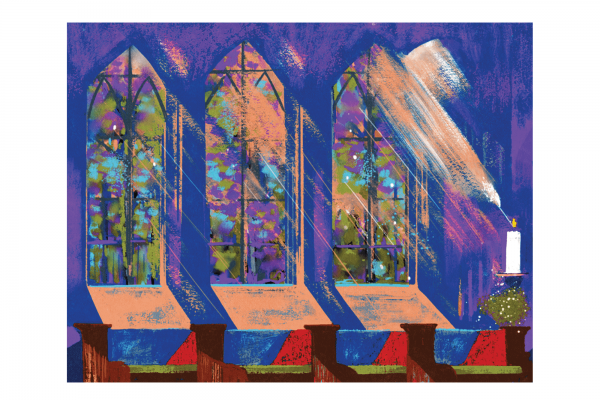WE HAVE COME through a turbulent year in which health concerns, weather concerns, social unrest concerns, and more have been at the center of our thoughts. From the first time we heard “COVID-19” to the last storm of hurricane season to the deaths of many significant cultural icons in the U.S., we have found ourselves reeling—or at least I have, and so have many people I know.
Advent and the beginning of the Christmas season give us an opportunity to recalibrate and take a breath. We are into the new Christian calendar, and for Christians that reality should mean something. Expectation, hope, joy, and peace are just some of the Christian ways of leaning into life. Advent allows us to flex those faith muscles. And we need them, because, as the texts for the first days of Christmastide notes, the struggle under which we live does not dissipate. We live our Christian faith most often amid social crises. “Calm” and “peace” are aspirational at best. The reflections for this month try to make sense of how we flex those muscles I mentioned earlier. How do we participate in God’s desire for us to live together in just, holy, equitable ways? How do we hold ourselves and each other accountable to building the commonwealth of God, in which we each play our part, great or small, so that all are made whole?
Read the Full Article

